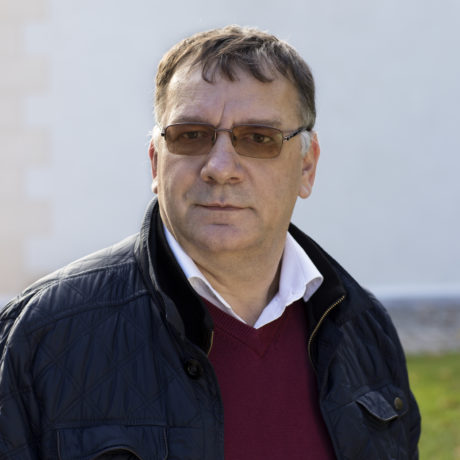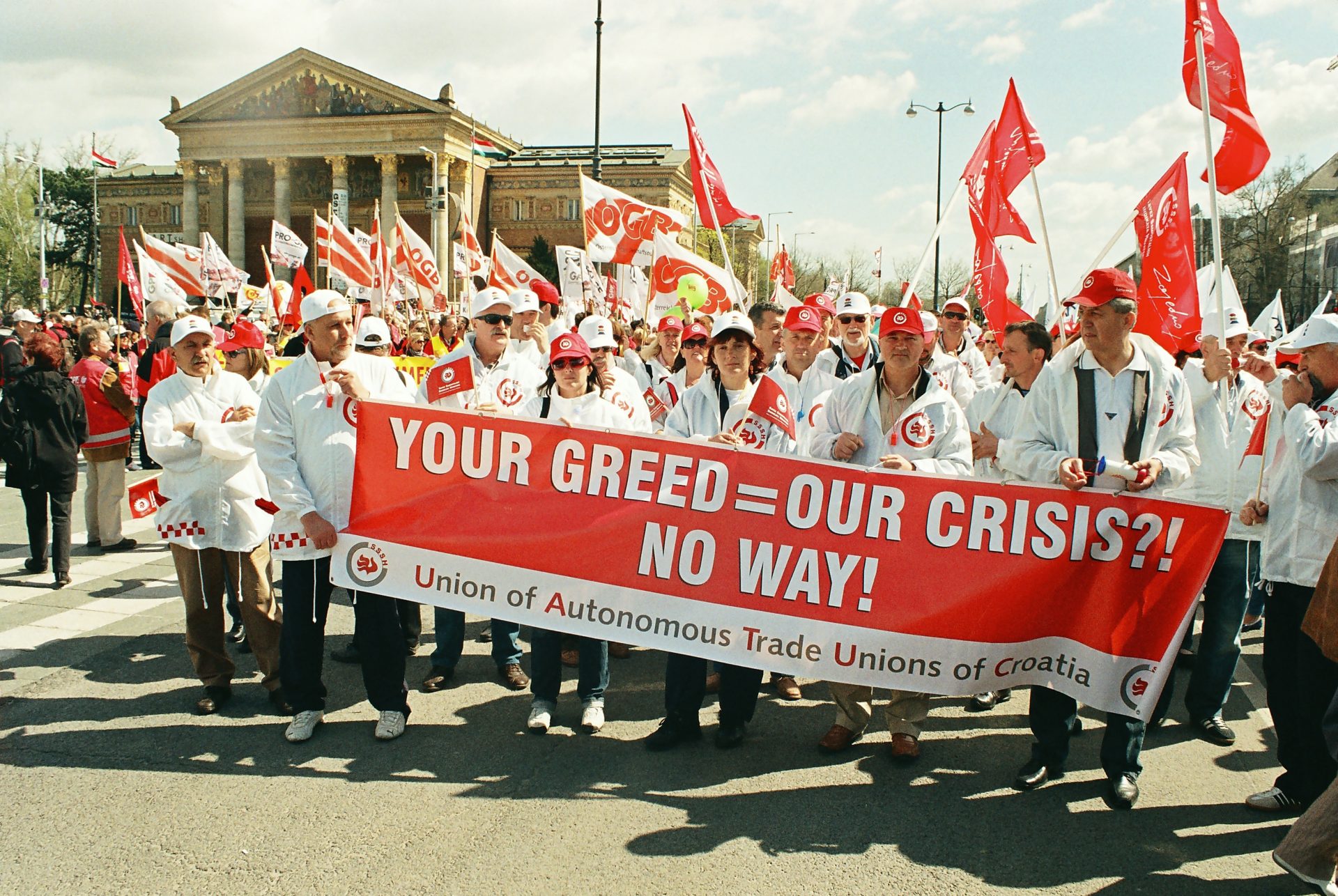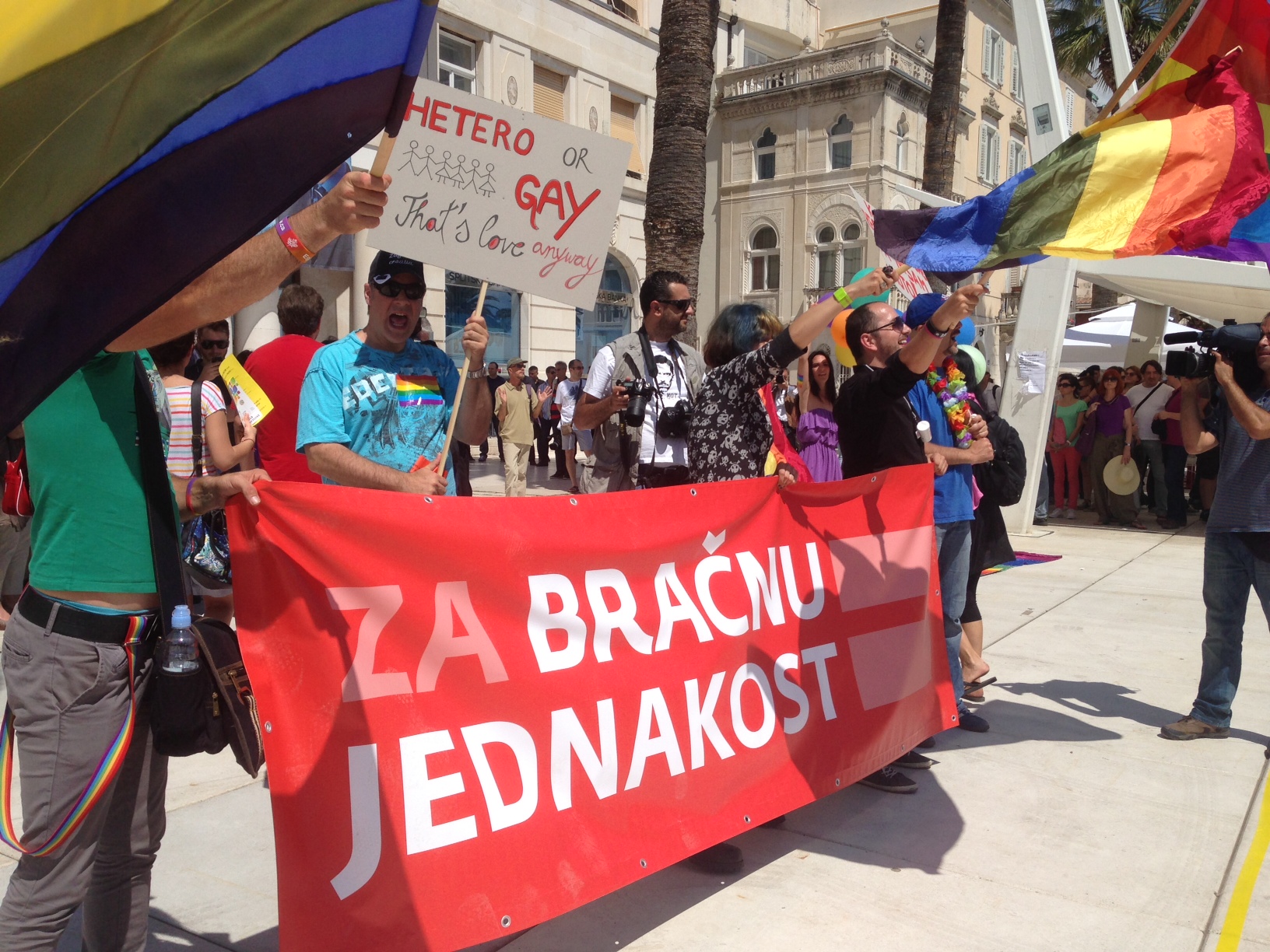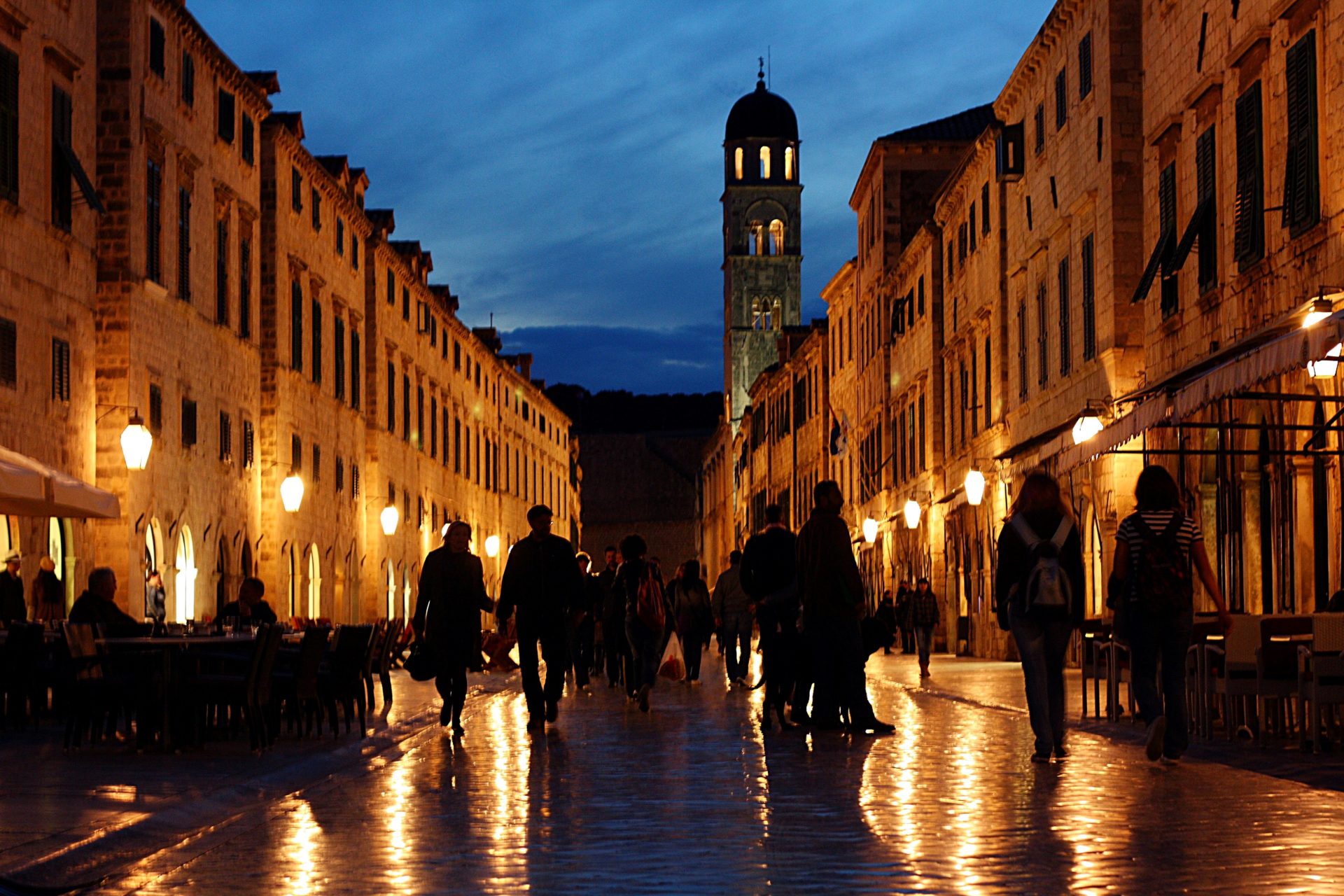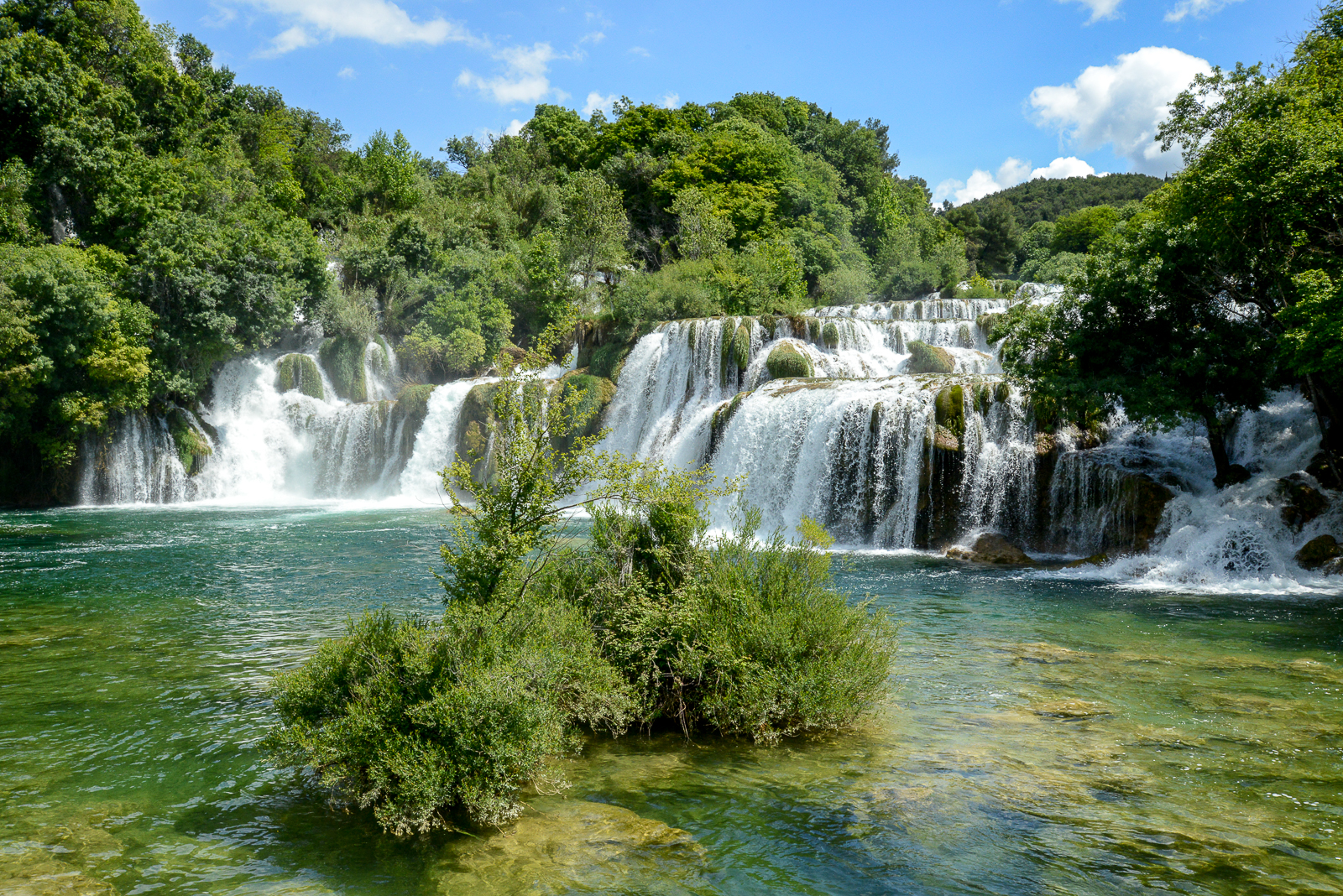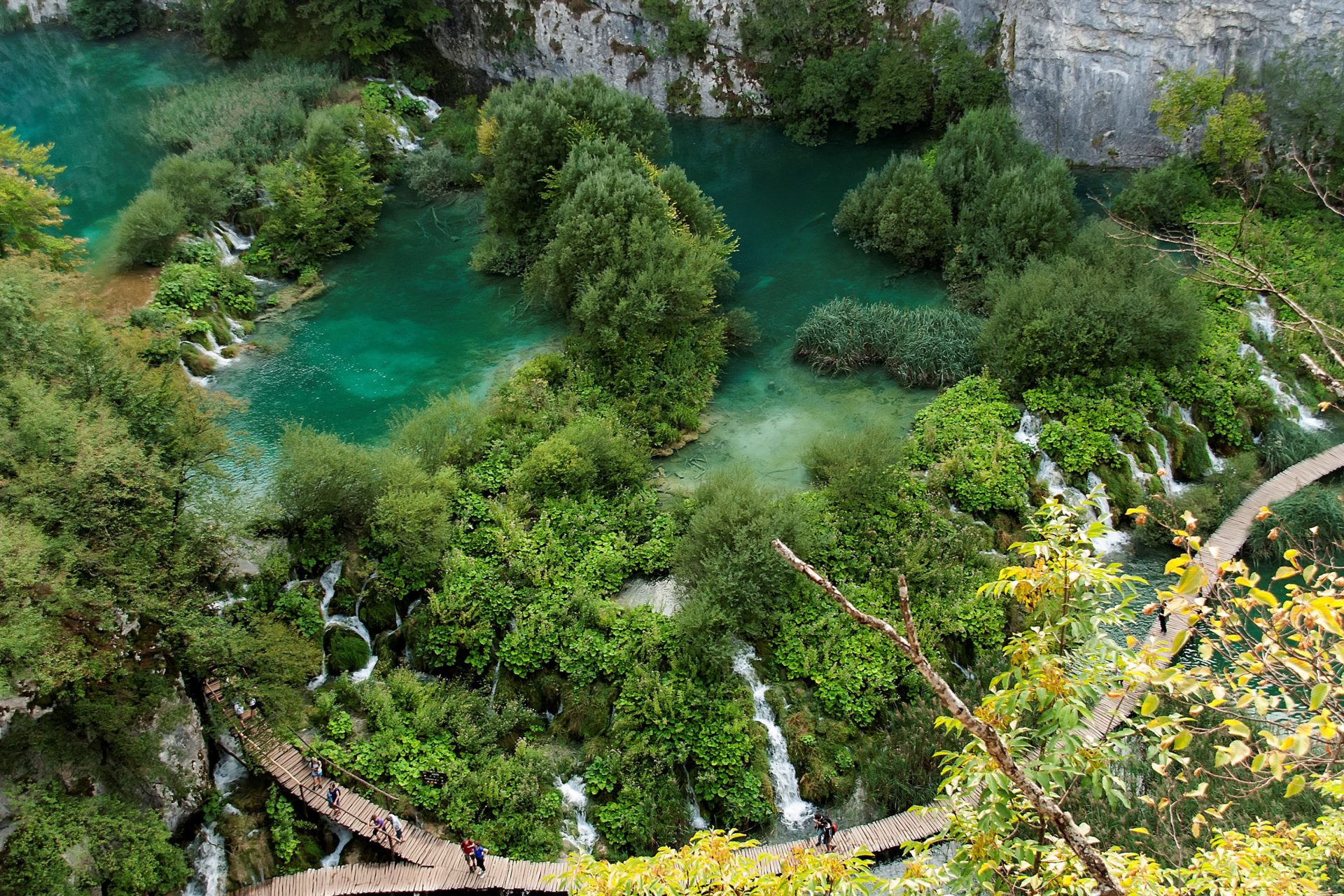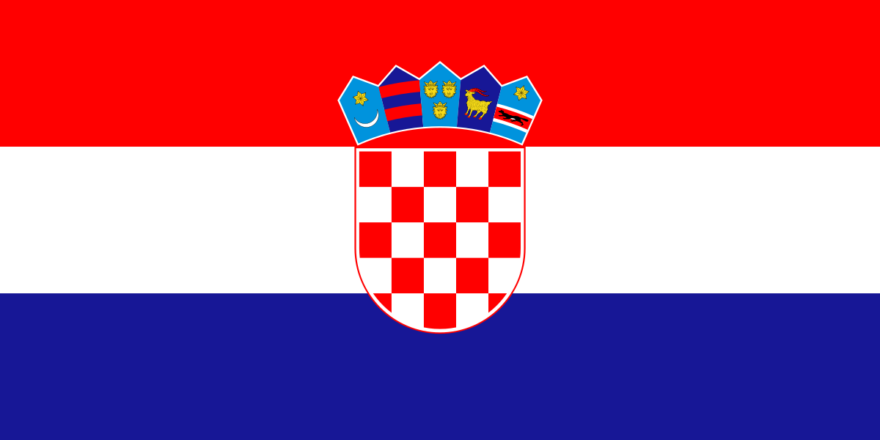
Croatia
- Governance: Republic
- Capital: Zagreb
- Population: 4.4 million
- Religion: Christianity
- Language: Croatian
- Location: Balkans, Europe
- Democracy index: Free, 86/100
Croatia has beautiful scenery, and has thus experienced a sharp increase in tourism in recent years. The reason for such, is likely to be the national parks and scenic coastal areas. In addition, the Croats are very friendly.
Croatia became independent from Yugoslavia in 1991 and has since been ruled in an autocratic and nationalistic way. There is a widespread acceptance of discrimination against both ethnic and sexual minorities. Abuse of power and corruption are widespread. Many of the problems are due to the lack of protection of social rights.
Croatia today
One of today’s biggest challenges, is social division. On the one hand, there are anti-fascist groups and on the other hand, the nationalists who celebrate the independent state of Croatia, which was part of the German alliance during the second world war. Even though Croatia is today a secular state, the influence of the Catholic church remains strong. This leads to the fact that most Croats have conservative views on family, education and women’s rights. Serbian minorities, continue to face repression.
Croatia has also repeatedly challenged decisions taken by the International Criminal Tribunal for the former Yugoslavia crimes in former Yugoslavia, and the glorification of convicted war criminals is widespread. In addition to having a cool relationship to Serbia, the conflict in the Balkans has led to a strained relationship with neighbouring Bosnia-Herzegovina.
NHC
The Norwegian Helsinki Committee (NHC) has been active in Croatia since the 90’s. In co-operation with the Croatian Helsinki Committee and other voluntary organizations, we have visited war-framed areas, followed up refugee retrenchments and their rights, monitored elections and supported various human rights programs. In addition, the NHC has organized over 30 human rights schools, where over 800 young people have participated. Many of them are currently active in various human rights organisations.
Despite Croatia being a member of both NATO and the EU, it is important to continue to monitor the situation in the country. It is still not optimal. Therefore, the NHC will continue to monitor the human rights situation and report the violations that may be committed.
History
Croatia was an independent kingdom from 910 to 1091, but like most other countries in the Western Balkans, Croatia came under Austrian-Hungarian rule. Then Croatia became part of Yugoslavia, but this period was characterized by conflicts with the Serbs until 1941. During the second world war, the “Independent State of Croatia” was created. The country fought on the German side until the war ended and then Croatia once again became a part of Yugoslavia.
The 1970’s were characterized by an increased desire for autonomy, which resulted in increased resistance to the Yugoslav leader, Tito. The resistance was severely knocked down, but at the same time, the state of Yugoslavia began to shave off. In 1991, Croatia declared its independence and it was internationally recognized in 1992. But there remained hard fights in the country against both Serbian and Yugoslav forces. Especially in northeast Slavonia. The conflict ended in 1995, when the Croatian forces conquered. Slavonia was incorporated into Croatia in 1998. Since then, a democratic parliamentary system was introduced and in 2009 Croatia became a member of NATO. Four years later, Croatia also joined the EU.

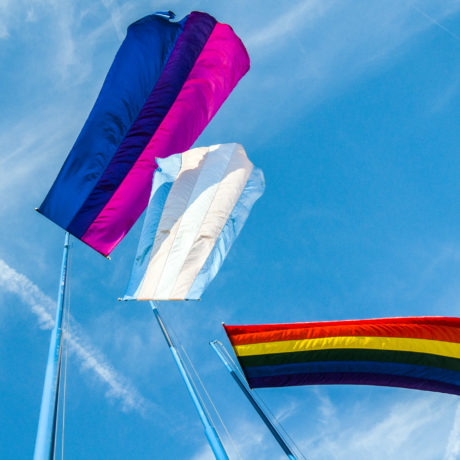
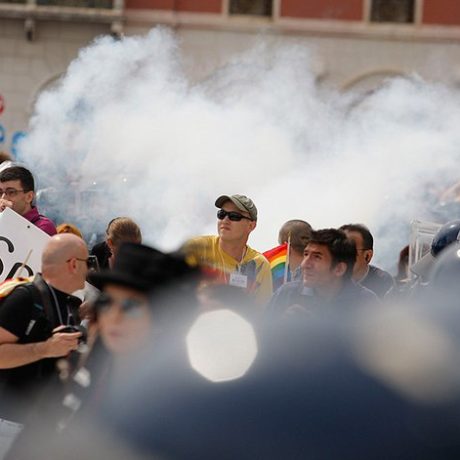
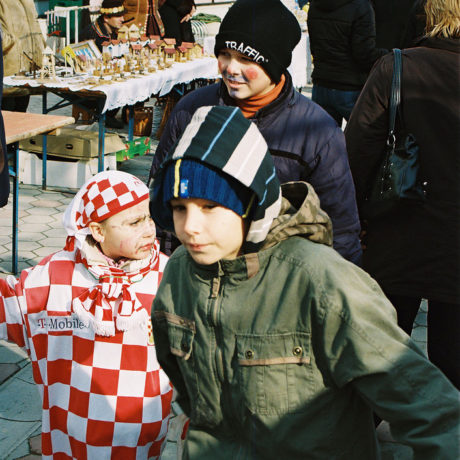
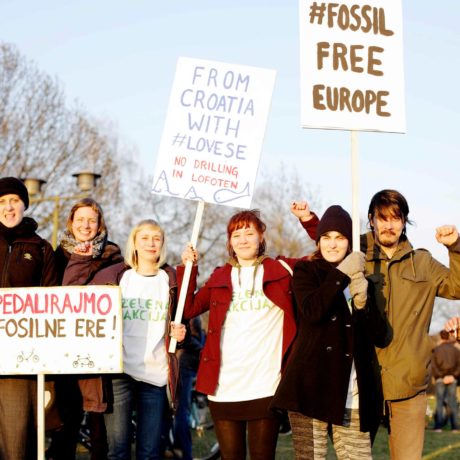
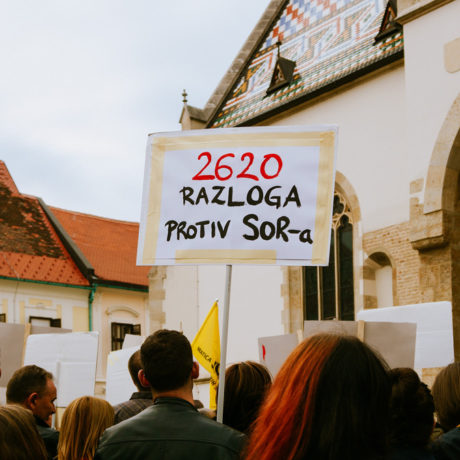
Timeline
- 15th century: The Ottoman Empire occupies Croatia
- 18th century: Croatia becomes part of Austria-Hungary
- 1918: Croatia becomes part of the Kingdom of Serbs, Croats and Slovenes (later Yugoslavia)
- 1991: The Croatian government declares independence from Yugoslavia
- 1992: Croatia’s independence is internationally recognized
- 1995: Croatia liberates all occupied parts, and the country is gathered
- 2009: Member of NATO
- 2013: Member of the EU

